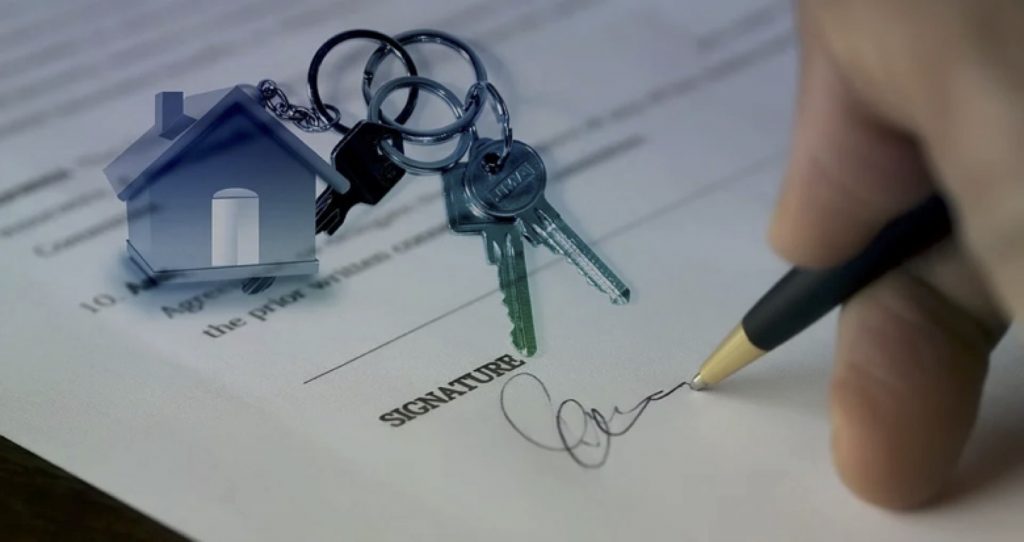Mortgage for Business? Here’s Why!
If you are a business owner who operates from physical premises, you have two options: you can either lease a property or get a mortgage. Some prefer the convenience of leasing, but many business owners like to own their own building and will likely require a business mortgage.

Image source: https://pixabay.com/photos/sale-sold-hand-signature-house-3701777/
How does a business mortgage work?
A business mortgage fundamentally works in the same way as a noncommercial mortgage. You apply to a lender, put down a down payment, pay monthly amounts, and at the end of the designated time, as long as you have not fallen behind with payments, you will own your very own business premises outright. In addition to acquiring a property, you can also get a mortgage for refinancing a commercial property and redeveloping a property. However, there are some differences between residential and business mortgages. Let us take a look at what they are before moving on to seeing why getting a mortgage for your business is a good idea.
Comparing Residential and Business Mortgage Loans
So, how does a residential mortgage and a business mortgage loan compare? The key difference between the two is the use of the property. With a residential mortgage, you borrow money to help you finance buying a home. With a commercial business mortgage, the money is lent to invest in the borrower’s business.
Details of the two types of mortgage loans differ as well. For instance, while both potential homeowners and business owners can compare different mortgage rates with excellent comparison sites like MoneyWise to get the best rate, typically, interest rates for commercial mortgages are lower than with residential mortgage loans. Furthermore, residential mortgages typically have longer terms, whereas business mortgage loans usually run between three and ten years. The other main difference is the collateral. With a residential mortgage, the home you are buying is your collateral. If you cannot afford to keep up your monthly payments, you could lose your property. But with business mortgages, the collateral depends on your precise assets and what the lender requires; it can be defined as “anything of value.”
Here’s Why You Should Consider a Mortgage for Your Business
Getting a business mortgage comes with many advantages. The key one is it allows you to have ownership of your business and its premises. When you lease a space, you always run the risk of losing the lease at some point. If that were to happen, you would have no choice but to relocate, and that could harm your business.
Another key advantage is a monthly business mortgage payment typically costs less than monthly rental amounts. Furthermore, the equity on the building will grow with every mortgage payment you make.
Business mortgages typically come with fixed terms. That means you can more accurately plan your future business expenses and better handle current financial issues like overhead costs.
Of course, when you get a business mortgage, you are also making a significant capital gain. Over time, property prices always eventually rise, so purchasing premises can be a great way of realizing capital growth in the long term.
Furthermore, when you own your business’s building, you always have the option of renting out a section of it and thus gaining the means to pay off your mortgage more quickly. When you own your business premises, you have greater control over your business and how it grows over time. You could even extend the premises later down the line to provide more retail space, warehouse space, or additional space to rent out to others.
At the end of the day, getting a commercial mortgage for your business allows you to reap many benefits. Not least, it enables you to gain greater control over your business’s direction.

